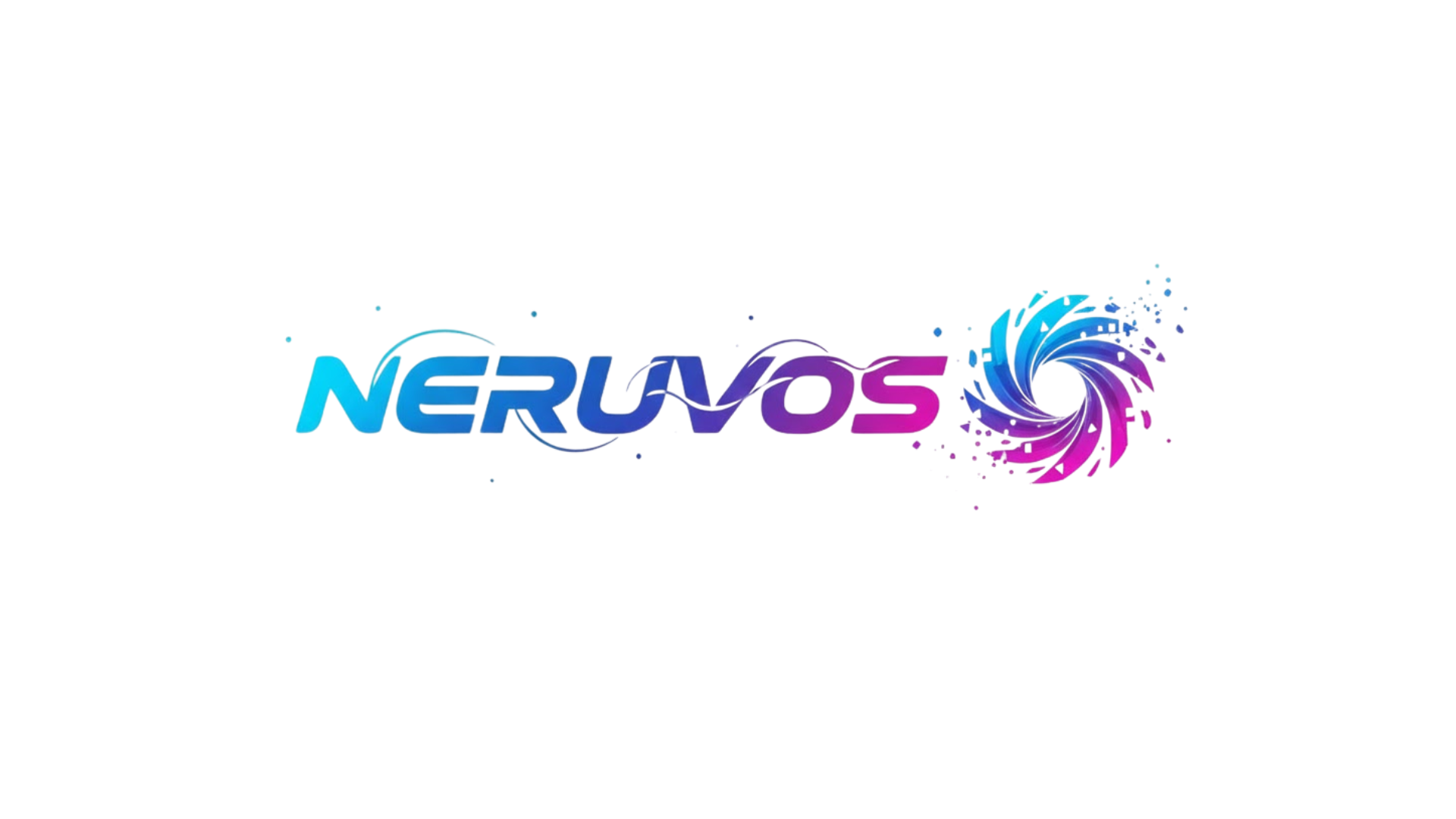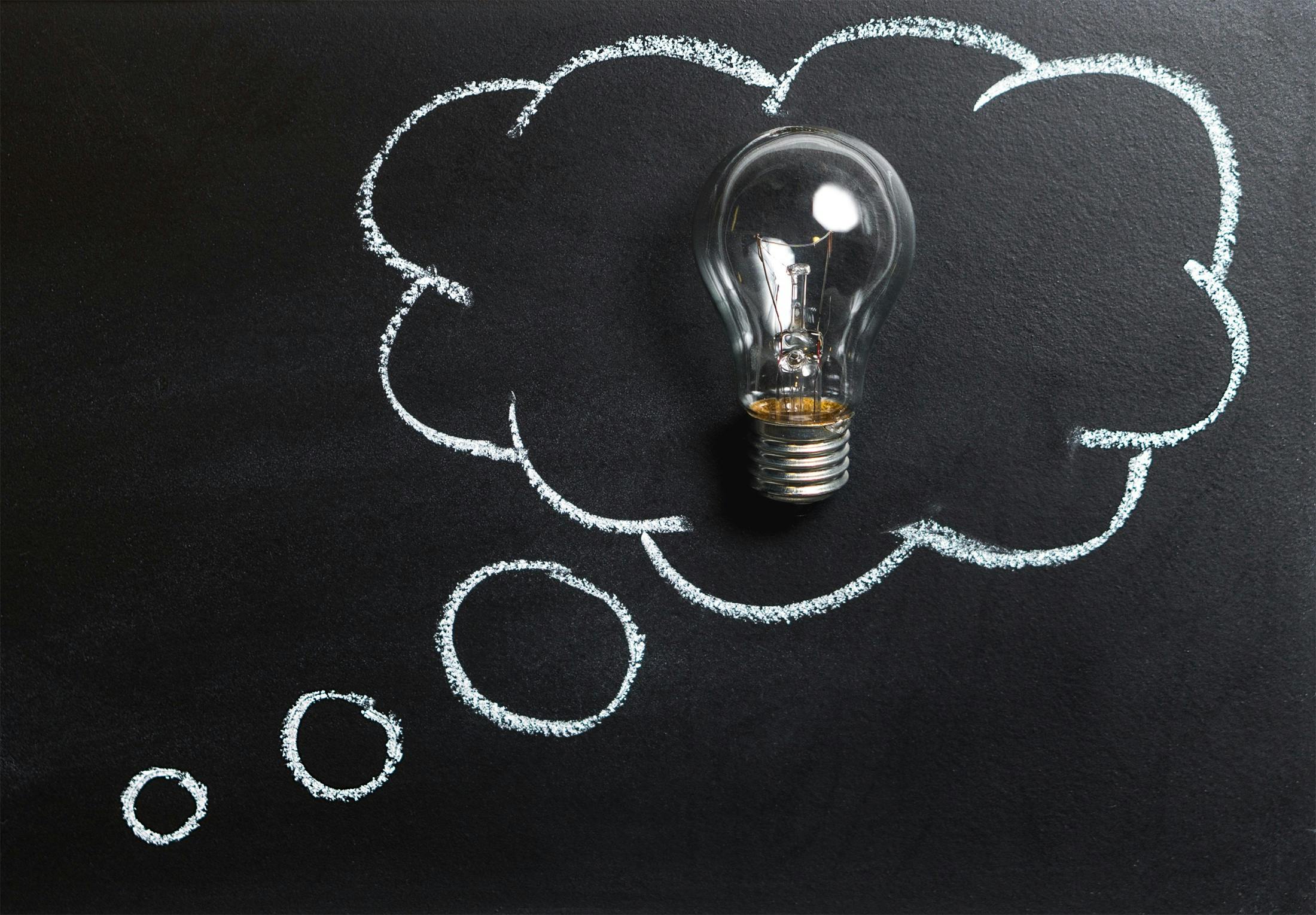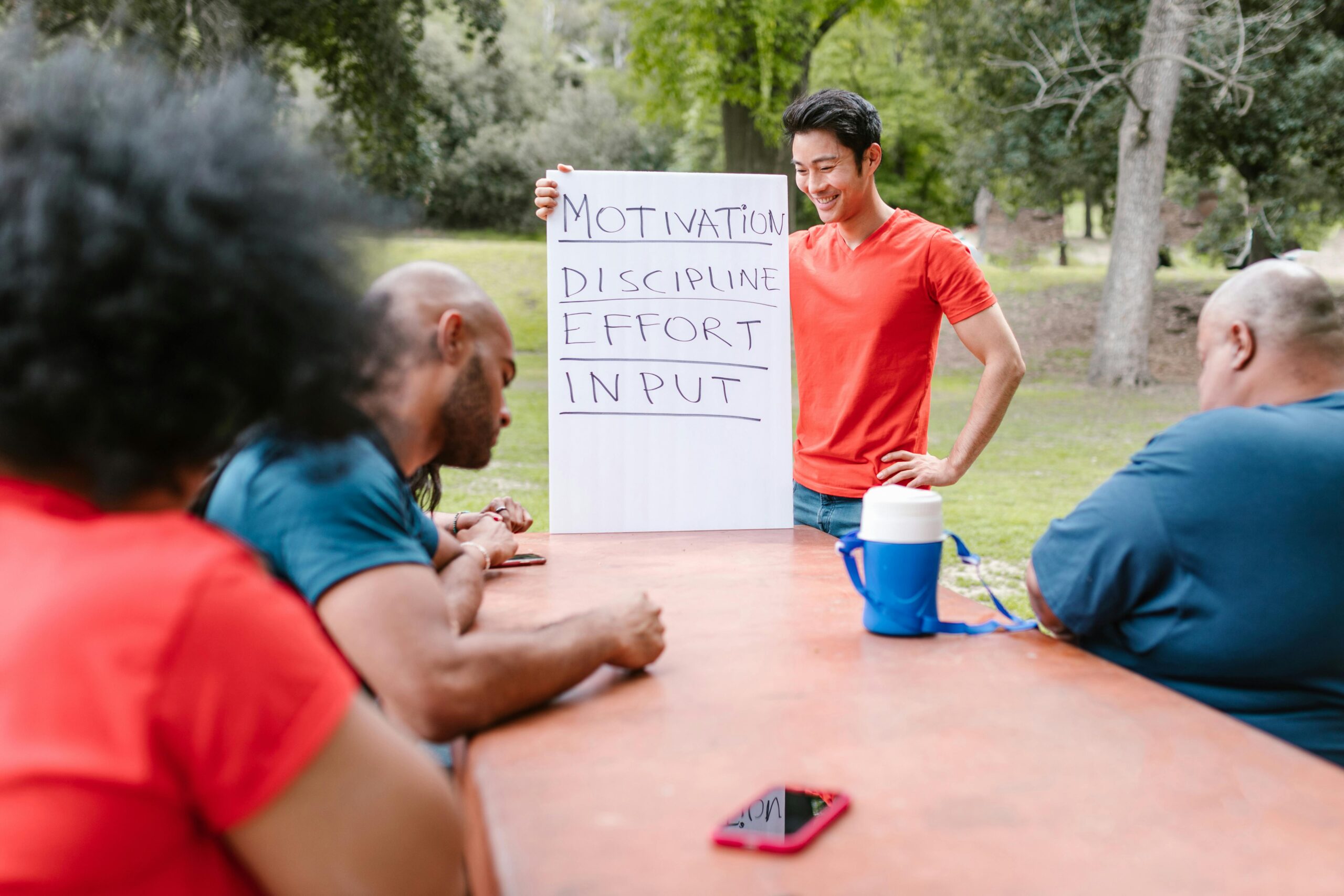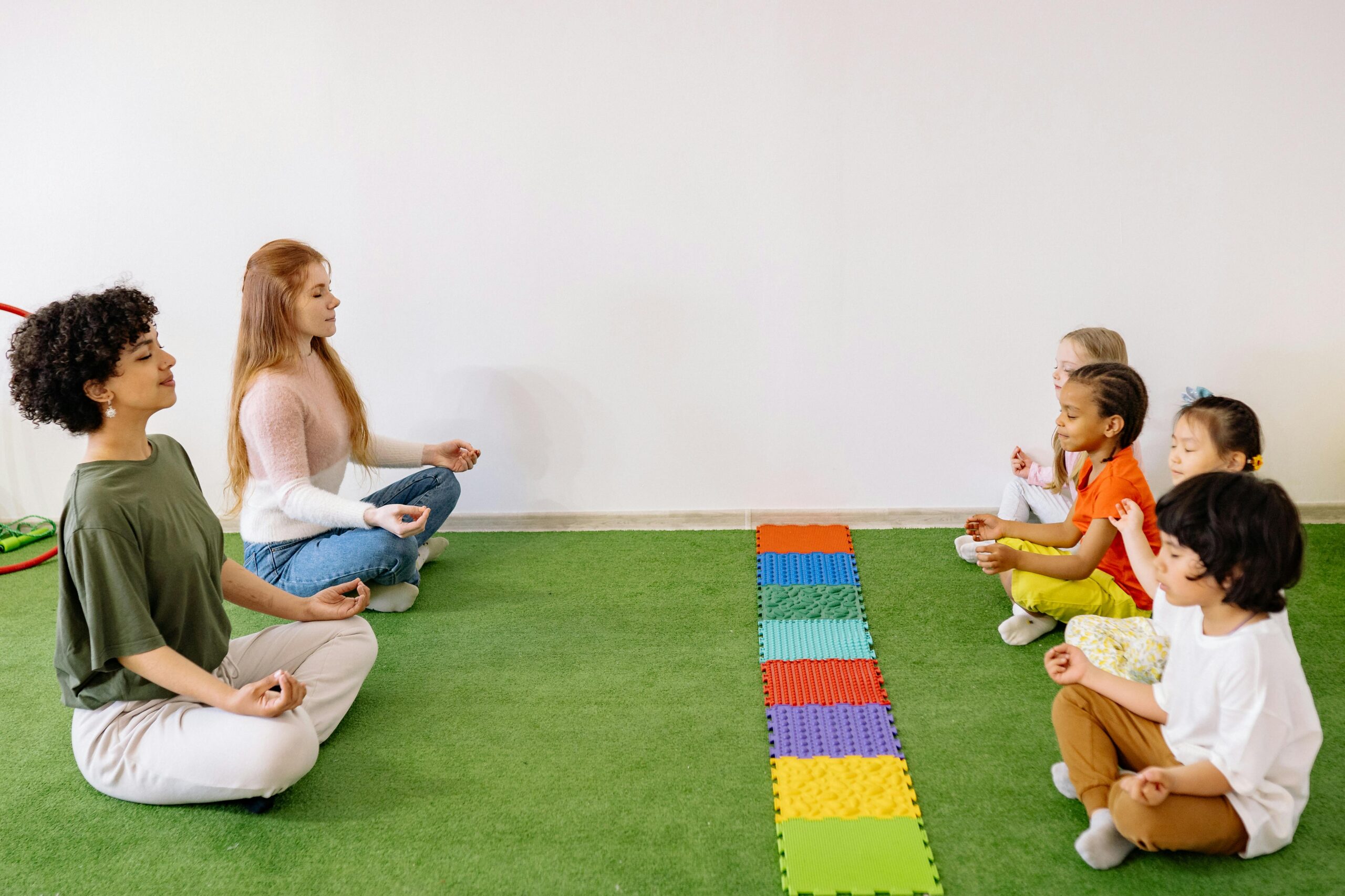Meditation isn’t just about relaxation—it’s a powerful tool that can fundamentally transform your brain, sharpen your focus, and unlock cognitive abilities you never knew existed. 🧠
In our fast-paced world filled with constant distractions and information overload, the ability to think clearly, remember efficiently, and make better decisions has become more valuable than ever. While many turn to supplements, brain-training apps, or productivity hacks, one of the most scientifically validated methods for cognitive enhancement has been practiced for thousands of years: meditation.
This ancient practice has evolved from its spiritual roots into a practical, evidence-based technique that neuroscientists, psychologists, and peak performers worldwide now embrace. The cognitive benefits of meditation extend far beyond stress relief, offering tangible improvements in memory, attention span, emotional regulation, creativity, and even the physical structure of your brain.
The Neuroscience Behind Meditation and Brain Enhancement 🔬
When you meditate regularly, you’re not just calming your mind temporarily—you’re actually rewiring your brain at a structural level. Neuroscientific research using MRI technology has revealed that consistent meditation practice leads to measurable changes in brain regions associated with memory, self-awareness, empathy, and stress regulation.
One of the most significant discoveries involves neuroplasticity, the brain’s ability to form new neural connections throughout life. Meditation acts as a catalyst for positive neuroplastic changes, strengthening areas of the brain associated with higher-level thinking while reducing activity in regions linked to anxiety and negative thought patterns.
Studies from Harvard Medical School demonstrated that just eight weeks of mindfulness meditation increased cortical thickness in the hippocampus, which governs learning and memory, while decreasing brain cell volume in the amygdala, responsible for fear, anxiety, and stress. This biological transformation explains why regular meditators report feeling sharper, more focused, and emotionally balanced.
Gray Matter Changes and Cognitive Reserve
Research published in Frontiers in Psychology found that long-term meditators showed increased gray matter density in multiple brain regions, including the prefrontal cortex, which handles executive functions like planning, decision-making, and moderating social behavior. This increase in gray matter contributes to what neuroscientists call “cognitive reserve”—your brain’s resilience against age-related decline and neurological disease.
Furthermore, meditation has been shown to slow the natural aging process of the brain. A UCLA study revealed that meditators had better-preserved brains than non-meditators as they aged, with less age-related gray matter volume loss. This suggests that meditation doesn’t just enhance cognitive function in the present—it protects your mental capacity for the future.
Attention and Focus: Training Your Mental Spotlight 🎯
Perhaps the most immediate cognitive benefit people notice from meditation is improved attention and concentration. In a world where the average person checks their phone over 100 times daily and attention spans continue to shrink, the ability to sustain focus has become a superpower.
Meditation trains your attention like a muscle. When you practice focusing on your breath, a mantra, or bodily sensations, you’re strengthening neural pathways associated with sustained attention and reducing the brain’s tendency toward distraction. This translates directly into better performance in work, study, and daily activities requiring concentration.
Research from the University of California found that intensive meditation training improved participants’ ability to perform vigilance tasks requiring sustained attention. Even more impressively, these improvements were still evident five months after the training ended, suggesting lasting cognitive enhancement rather than temporary effects.
Conquering the Wandering Mind
Studies estimate that our minds wander approximately 47% of the time we’re awake. This mental drift isn’t just unproductive—research shows it correlates with unhappiness and poor performance. Meditation specifically targets this tendency, helping you notice when your mind wanders and gently bringing attention back to the present moment.
With consistent practice, you develop what psychologists call “meta-awareness”—the ability to observe your own thought processes. This higher-level cognitive skill allows you to catch yourself getting distracted and redirect your attention more quickly, leading to greater productivity and mental clarity throughout your day.
Memory Enhancement Through Mindful Practice 💡
Memory function—both working memory and long-term retention—shows remarkable improvement with regular meditation practice. Working memory, the cognitive system that temporarily holds and manipulates information, is essential for reasoning, learning, and comprehension. It’s what allows you to keep a phone number in mind while dialing or follow complex instructions.
A study published in Psychological Science found that just two weeks of mindfulness training improved participants’ working memory capacity and GRE reading-comprehension scores while reducing mind-wandering. These effects were significant enough to potentially make the difference between average and exceptional academic or professional performance.
The mechanism behind these memory improvements relates to meditation’s effect on the hippocampus and prefrontal cortex—two critical regions for memory formation and retrieval. By reducing stress and cortisol levels (which can damage the hippocampus), meditation creates optimal conditions for memory consolidation and recall.
Meditation Techniques for Optimal Memory
Different meditation styles offer specific benefits for memory enhancement. Focused attention meditation—where you concentrate on a single object, sound, or sensation—particularly strengthens working memory capacity. Meanwhile, open monitoring meditation, where you observe thoughts and sensations without attachment, improves your ability to encode and retrieve episodic memories.
Visualization meditation combines the benefits of both approaches while adding imagery practice, which research shows enhances memory performance. When you regularly engage in guided visualizations, you’re essentially giving your memory systems a workout, strengthening the neural pathways involved in forming and accessing memories.
Emotional Intelligence and Cognitive Performance 🌟
One often-overlooked aspect of cognitive enhancement is emotional regulation. Your emotional state profoundly affects your cognitive abilities—anxiety impairs memory and decision-making, while stress narrows attention and reduces creativity. Meditation’s powerful effect on emotional intelligence directly translates into better cognitive performance.
Regular meditation practice strengthens your ability to recognize, understand, and manage emotions—both your own and others’. This emotional mastery removes psychological barriers that prevent you from accessing your full cognitive potential. When you’re not hijacked by emotional reactions, your rational mind can operate at its highest level.
Research shows that meditation increases activity in the prefrontal cortex while decreasing activity in the amygdala, effectively shifting the balance from reactive, emotional responses to thoughtful, considered ones. This neurological shift explains why meditators often report making better decisions under pressure and maintaining composure in challenging situations.
Creativity and Problem-Solving Breakthroughs 🎨
While meditation is often associated with calm and stillness, it’s also a powerful catalyst for creativity and innovative thinking. The relaxed yet alert state achieved during meditation activates the brain’s default mode network—the same neural system active during daydreaming, which research connects to creative insight and problem-solving.
Studies have shown that open-monitoring meditation, in particular, enhances divergent thinking—the ability to generate creative ideas by exploring many possible solutions. This type of thinking is essential for innovation, artistic creation, and finding novel approaches to complex problems.
Many of history’s greatest innovators and creative minds maintained meditation practices. From Steve Jobs to David Lynch, these individuals attributed their creative breakthroughs partly to meditation’s ability to quiet mental noise and access deeper levels of consciousness where innovative ideas emerge.
The Incubation Effect
Meditation facilitates what psychologists call the “incubation effect”—the phenomenon where stepping away from a problem allows unconscious processing to occur, often leading to sudden insights or “aha moments.” By giving your conscious mind a break during meditation, you allow your unconscious mind to work on problems in the background, making connections your active thinking might miss.
This explains why solutions to difficult problems often appear during or after meditation sessions. The practice creates mental space for your brain’s natural problem-solving mechanisms to operate without interference from the constant chatter of the conscious mind.
Practical Meditation Techniques for Cognitive Enhancement 🧘
Understanding the benefits of meditation is one thing—implementing an effective practice is another. Here are proven meditation techniques specifically beneficial for cognitive enhancement, suitable for beginners and experienced practitioners alike.
Focused Attention Meditation
This foundational technique involves directing your attention to a single point of focus—typically your breath, a mantra, or a visual object. When your mind wanders (which it will), you gently bring it back without judgment. This simple practice directly trains attention control and concentration.
Start with just five minutes daily, gradually increasing to 20-30 minutes as your capacity grows. Consistency matters more than duration—daily practice produces better results than occasional longer sessions.
Body Scan Meditation
This technique enhances mind-body connection and interoceptive awareness—your ability to sense internal bodily states. By systematically directing attention through different body parts, you develop concentration while also reducing stress and tension that impair cognitive function.
Body scan meditation also improves your ability to notice subtle signals before stress becomes overwhelming, allowing you to manage cognitive performance proactively rather than reactively.
Mindfulness Meditation
Mindfulness meditation involves observing thoughts, feelings, and sensations as they arise without attachment or judgment. This practice develops meta-cognitive awareness—the ability to observe your thinking process—which research shows correlates with improved executive function and emotional regulation.
Apps like Calm offer guided mindfulness sessions perfect for beginners looking to establish a consistent practice. While traditional unguided meditation is valuable, guided sessions can help you learn proper technique and maintain motivation during the early stages of your practice.
Loving-Kindness Meditation (Metta)
This practice involves directing feelings of compassion toward yourself and others. While it might seem unrelated to cognitive enhancement, research shows that loving-kindness meditation increases positive emotions, which broaden attention and enhance creative problem-solving—a phenomenon known as the “broaden-and-build” effect.
Additionally, this practice strengthens neural circuits associated with empathy and social cognition, improving your ability to understand and work effectively with others—cognitive skills increasingly valuable in our interconnected world.
Building Your Cognitive Enhancement Practice: A Strategic Approach 📈
To maximize meditation’s cognitive benefits, approach your practice strategically. Random, occasional meditation offers limited benefits compared to a structured, consistent approach tailored to your specific cognitive enhancement goals.
Consistency Over Intensity
Neuroscience research consistently shows that regular, moderate practice produces better results than sporadic intensive sessions. The brain changes associated with cognitive enhancement require time and repetition to solidify. Aim for daily practice, even if brief, rather than occasional marathon sessions.
Set a specific time and place for meditation, making it a non-negotiable part of your routine like brushing your teeth. Morning sessions offer the advantage of setting a focused, calm tone for your day, while evening practice can help consolidate learning and memories from the day.
Progressive Challenge
Like any skill, meditation benefits from progressive challenge. Begin with shorter, simpler techniques, gradually increasing duration and complexity as your capacity develops. This approach prevents frustration while ensuring steady progress toward advanced cognitive benefits.
Track your progress not just in meditation itself, but in the cognitive improvements you notice—better focus at work, improved memory, more creative ideas, or enhanced emotional control. These real-world benefits provide motivation to maintain your practice through inevitable challenges.
Combining Meditation with Other Cognitive Practices
Meditation synergizes powerfully with other cognitive enhancement practices. Physical exercise, quality sleep, proper nutrition, and continued learning all support brain health, and their benefits amplify when combined with regular meditation.
Consider meditation as the foundation of a comprehensive cognitive enhancement program. The improved stress management, emotional regulation, and self-awareness from meditation make other healthy behaviors easier to maintain, creating a positive upward spiral in cognitive function.
Overcoming Common Obstacles on Your Meditation Journey 🚀
Despite its benefits, many people struggle to establish a consistent meditation practice. Understanding common obstacles and having strategies to overcome them increases your chances of success.
The Myth of “Stopping Thoughts”
Many beginners abandon meditation because they can’t “stop thinking.” This misunderstanding stems from misconceptions about meditation’s purpose. The goal isn’t to eliminate thoughts but to change your relationship with them—observing without attachment rather than being swept away by mental chatter.
When thoughts arise during meditation, you’re not failing—you’re getting opportunities to practice the most important skill: noticing distraction and returning attention to your focal point. Each time you do this, you’re strengthening the neural pathways associated with attention control.
Finding Time in Busy Schedules
The “I don’t have time” objection is common but ultimately counterproductive. Meditation doesn’t take time from your productive hours—it multiplies the effectiveness of the time you have by improving focus, decision-making, and mental clarity.
Start with just five minutes. Most people can find five minutes, and once you experience the benefits, you’ll naturally want to extend your practice. You can also integrate mindfulness into existing activities—mindful walking, eating, or even routine tasks like washing dishes can become meditation opportunities.
Dealing with Restlessness and Discomfort
Physical discomfort and mental restlessness are normal, especially for beginners. Rather than viewing these as problems, treat them as part of the practice—opportunities to develop patience and body awareness.
Adjust your posture as needed for comfort, and remember that meditation doesn’t require any specific position. Whether sitting in a chair, lying down, or standing, what matters is maintaining alert awareness. As your practice deepens, your ability to sit comfortably for longer periods naturally develops.
Measuring Your Cognitive Enhancement Progress 📊
While meditation’s benefits are sometimes subtle, tracking your progress helps maintain motivation and allows you to adjust your approach for optimal results.
Consider keeping a meditation journal where you note not just your practice details but also cognitive improvements you observe: moments of enhanced focus, better memory recall, creative insights, or improved emotional regulation. Over time, patterns emerge that demonstrate meditation’s real-world impact on your cognitive abilities.
You might also use objective measures like productivity metrics, academic or professional performance, or even cognitive assessment tools available online. While these shouldn’t become obsessions, periodic evaluation provides useful feedback on your progress.

The Lifelong Journey of Mind Enhancement 🌱
Meditation isn’t a quick fix or temporary intervention—it’s a lifelong practice that continues yielding deeper benefits the longer you engage with it. The initial cognitive improvements you notice in the first weeks and months are just the beginning.
Long-term meditators report transformative changes in how they think, perceive, and interact with the world. Their enhanced cognitive abilities aren’t just about performing better at tasks—they experience a fundamental shift in consciousness that makes life richer, more meaningful, and more satisfying.
The beauty of meditation for cognitive enhancement is that there’s no upper limit. Unlike many interventions that plateau after initial gains, meditation continues refining your mental capabilities throughout life. Each session is simultaneously a workout for your brain and a step toward unlocking potential you didn’t know existed.
Your brain is the most complex structure in the known universe, capable of extraordinary feats of learning, creativity, and adaptation. Meditation gives you the tools to harness this potential, transforming abstract capability into concrete cognitive enhancement that improves every aspect of your life.
The journey begins with a single breath, a moment of present awareness, a commitment to discovering what your mind can truly become. Whether you’re seeking sharper focus, better memory, enhanced creativity, or simply clearer thinking, meditation offers a proven, accessible path to cognitive enhancement that’s stood the test of time and now has modern science’s full validation.
Start today. Your enhanced cognitive future awaits. 🌟
Toni Santos is an education futurist and learning design researcher dedicated to reimagining how people build skills in a fast-changing world. With a focus on cognitive tools, EdTech innovation, and equitable access, Toni explores systems that help learners think deeper, adapt faster, and learn for life. Fascinated by the science of learning and the power of technology to personalize growth, Toni’s journey bridges classrooms, startups, and global initiatives. Each project he shares is an invitation to transform education into a continuous, human-centered experience—where curiosity, practice, and purpose align. Blending learning science, product design, and policy insight, Toni studies models that turn knowledge into capability at scale. His work highlights how thoughtful design and inclusive technology can unlock talent everywhere—across ages, cultures, and contexts. His work is a tribute to: Cognitive learning tools that make thinking visible and transferable EdTech innovation that expands access and personalizes pathways Lifelong learning systems that support relevance, resilience, and purpose Whether you’re building a learning product, shaping policy, or growing your own skills, Toni Santos invites you to design learning for tomorrow—one insight, one practice, one empowering pathway at a time.




